
You know the feeling all too well: After a night of tossing, turning and not enough shut-eye, you wake up to a less-than-glowy version of yourself. This likely includes the telltale sign of too little sleep: sleepy eyes weighed down by dark under-eye circles.
Perhaps you’ve always had a hunch that beauty sleep isn’t a myth — but, recently, research has shown that it’s a very real thing.
And Dr. Schultz agrees. He says that a lack of sleep boosts the appearance of dark under-eye circles and can temporarily increase fine lines and wrinkles (also known as “sleep wrinkles.”)
The science behind dark circles
Those dark under eye circles become apparent “when the body is tired, [and] production of the chemical cortisol is increased to help give you the energy you need to stay awake and fight the stress of fatigue,” says Dr. Schultz. “Cortisol increases the volume of blood in the blood vessels, including the ones below your eyes — which encourages them, increasing the appearance of dark circles which are mostly caused by seeing blood vessels through the skin.”
Sleep deprived and puffy eyed? Let’s fix that. In order to get the best beauty sleep of your life, it’s important to know what’s going on with your skin while you’re catching those z’s.
Washing your face is essential
After a long day of harsh exposure from the sun and other harmful pollutants, it’s vital that you’re ridding your skin of all its impurities before you go to sleep. Washing off the makeup and dirt from your face allows your skincare products to better absorb, which allows the products to work more effectively. The exception to the rule? If you very occasionally skip washing your face before bed, it’s not the end of the world. “Most women think terrible things will happen to their skin by not taking off their makeup before bed,” says Dr. Schultz. “The reality is: it’s usually not much of a problem — so long as it’s not a daily habit.”
Cellular turnover is fastest at night
Every 28 days, your skin sheds itself. Sure, it sounds gross, but it gets even worse if you allow the dead skin cells to pile up. If you don’t wash your wash and exfoliate every night, those dead skin cells will clog your pores. Your skin is constantly restoring itself — no matter what time of day — but it does the most work while you sleep. The skin is getting “a ‘rest’ from the daily exposure of ultraviolet light from the sun, or cigarette smoke perhaps,” according to Dr. Schultz. “But skin repair does not cease when the alarm clock rings at 7 a.m.”
Those seven to nine hours of beauty sleep per night are critical to achieve gorgeous, glowing skin, but so is a good skincare routine. Using an antioxidant, like the Triple Vitamin C Serum, can help give your skin the boost it needs to stay hydrated and radiant. But Dr. Schultz warns that, although antioxidants work best at night, you don’t need to completely overhaul your morning skincare routine. “The importance of [beauty sleep] can be embellished or exaggerated, so as always, when it comes to skincare marketing, buyer beware,” he says. It just so happens that the ingredients in your skincare products don’t know the difference between the morning and the night — so use your favorite products as long as they work for you.
 BRX REWARDS
BRX REWARDS


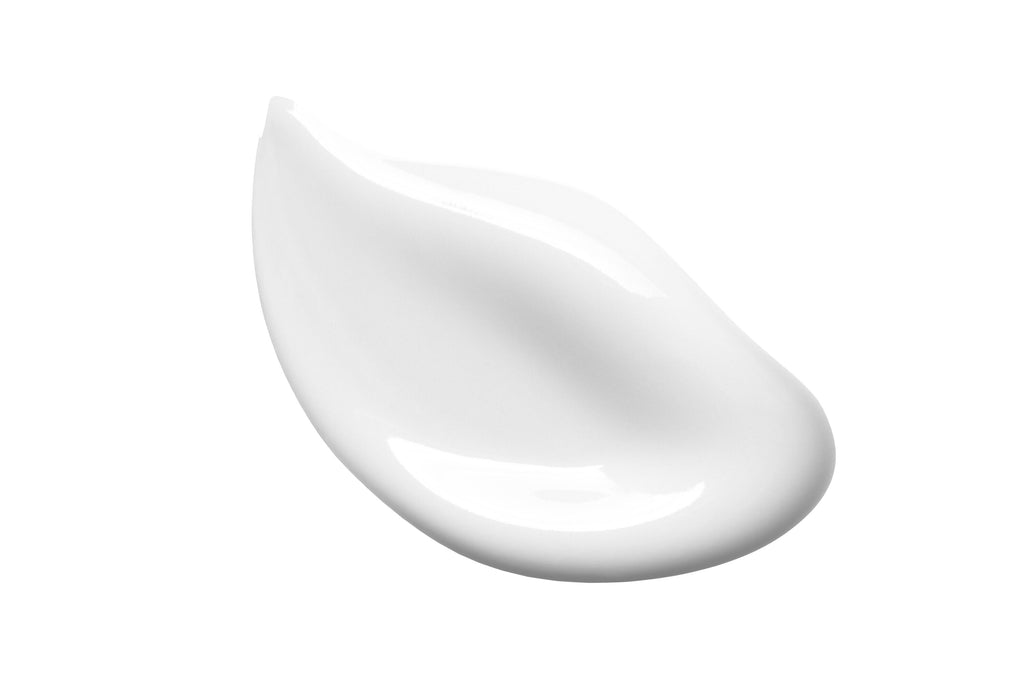
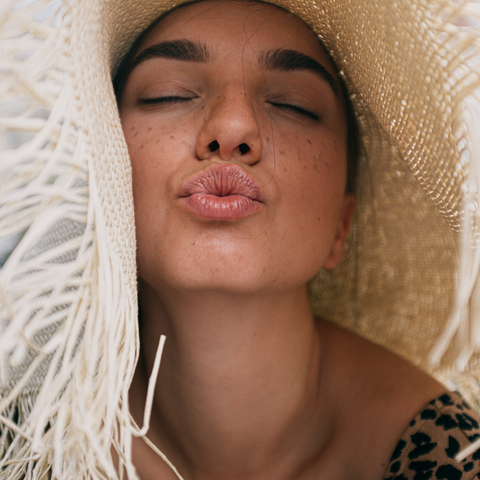
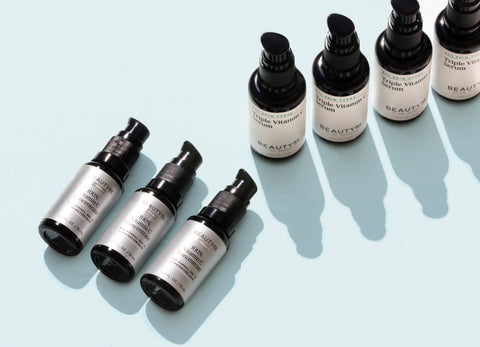

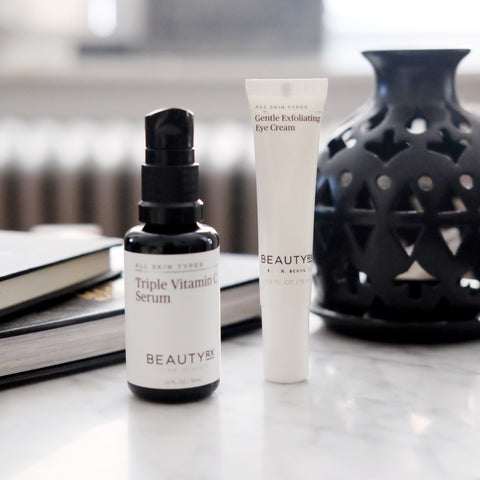
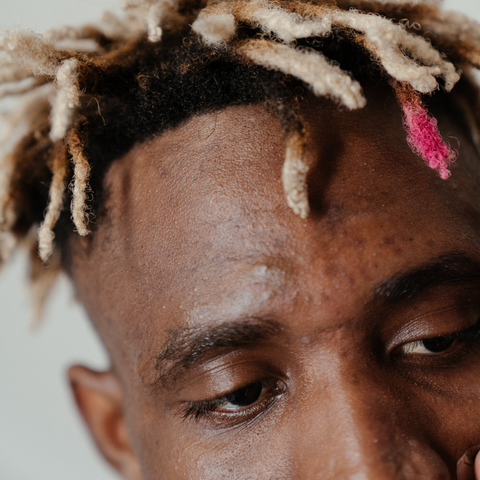
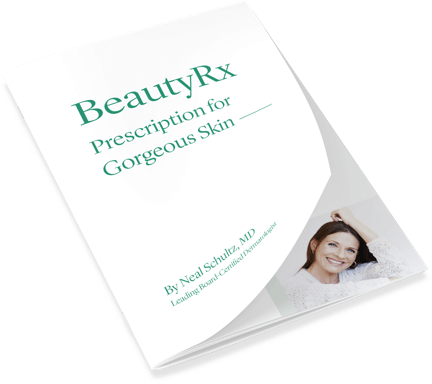
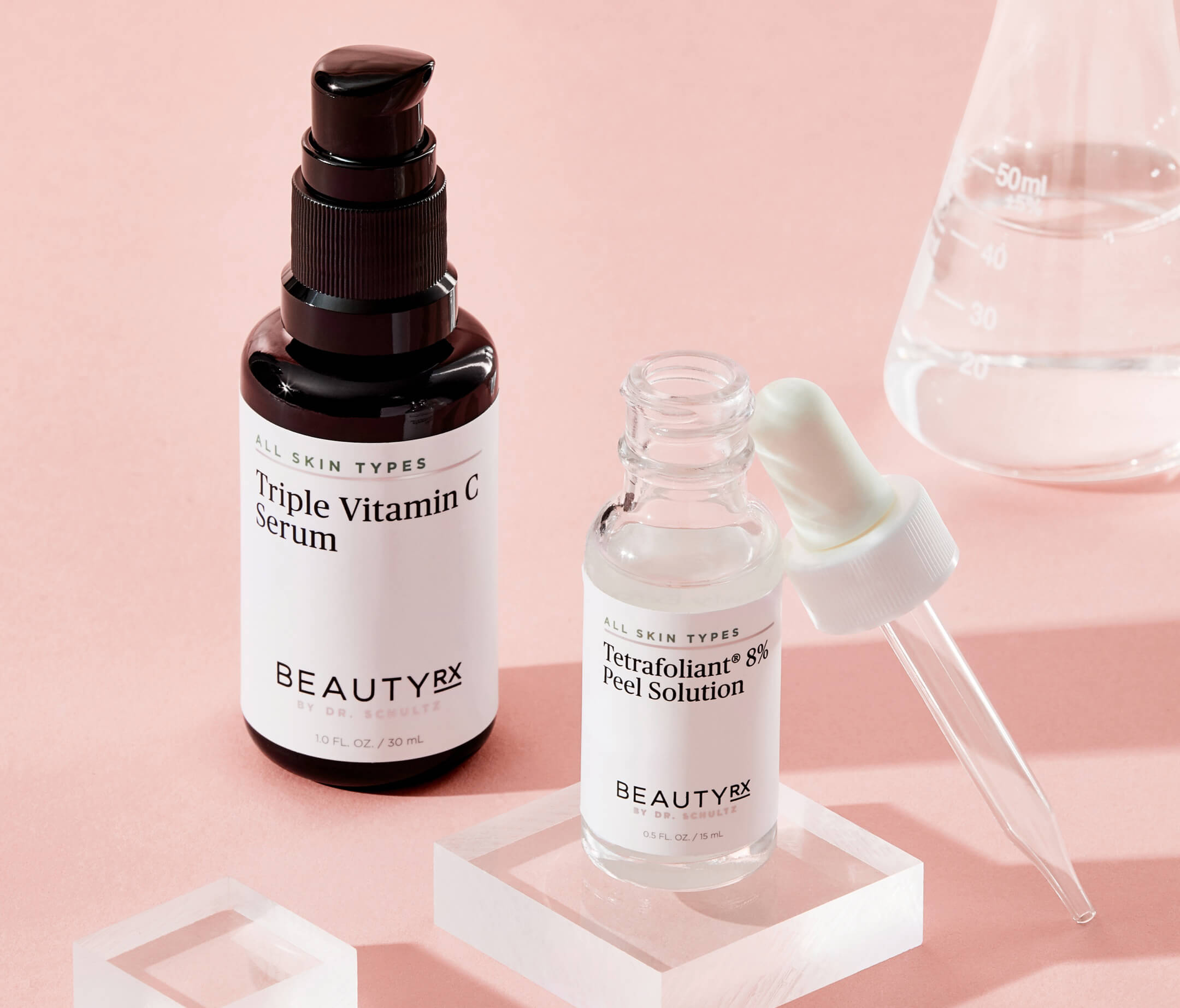
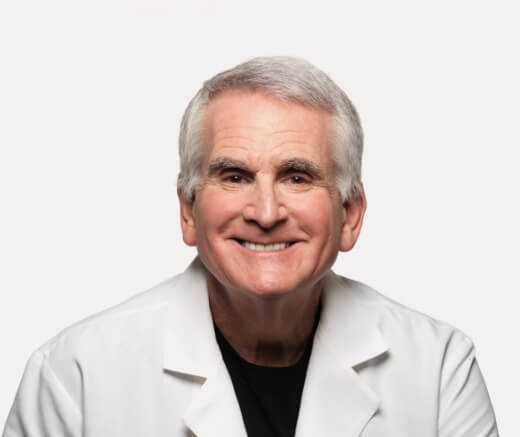
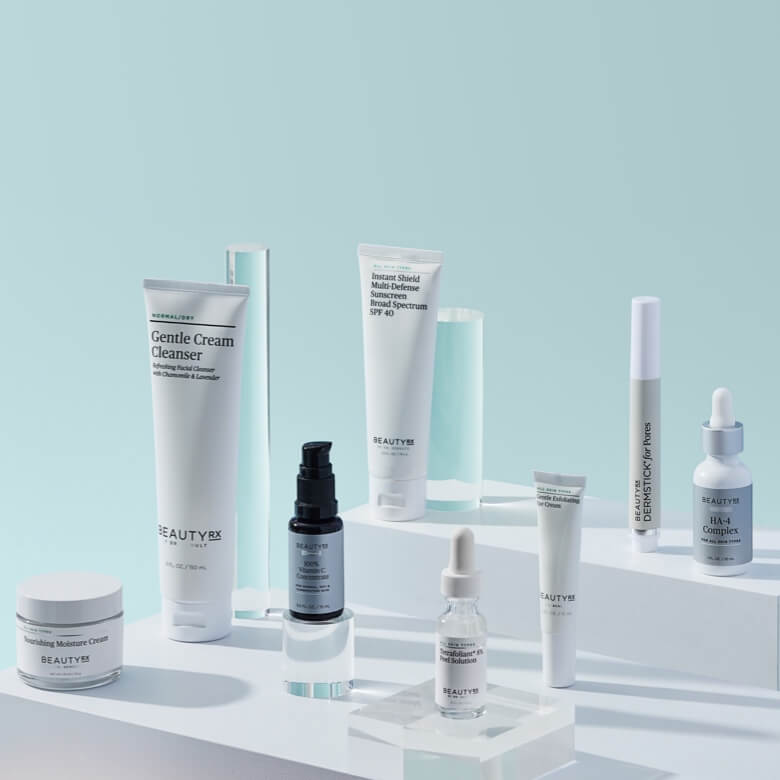
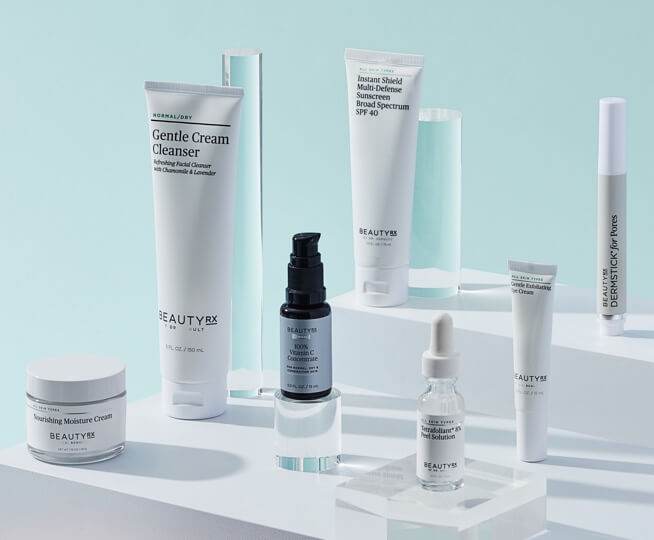
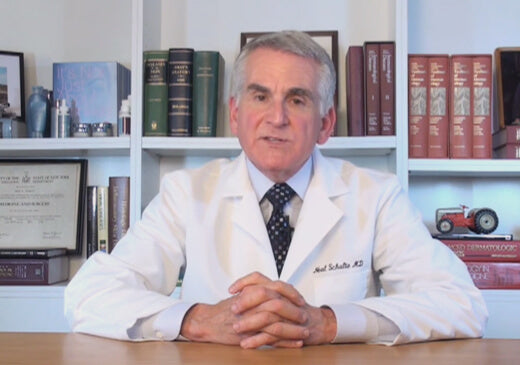

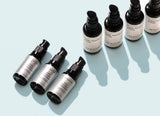

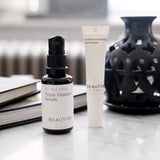
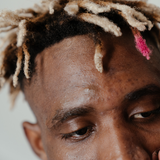


Leave a Comment